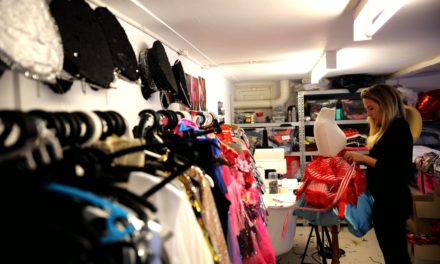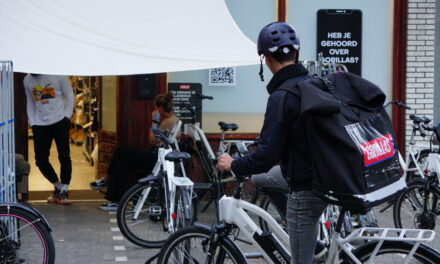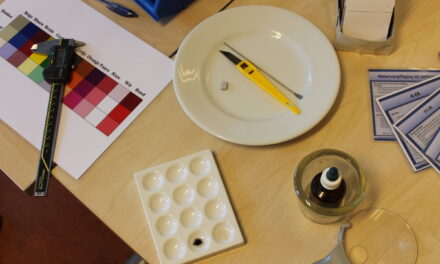More than 290 million children are victims of domestic violence, a number that is every year increasing. We spoke to a young woman who has been, mainly physically, abused in her childhood.
In the last few months, domestic violence is getting out of hand. Due to Covid-19 everyone is required to stay at home, but what if your home is not a safe place? In Italy, the calls to the national anti-violence hotline increased by 59%. In Greece, the hotline received a 230% increase in calls in the first month of the lockdown. The new Covid-19 measures create tensions and stress, which can increase the risk of aggression at home.
Whilst domestic violence has surged worldwide, services are being cut or closed, leaving people trapped, or forced to return to, dangerous households. The pandemic has diverted police resources and shut down criminal courts, preventing victims from accessing justice, while the perpetrators of the crimes walk free.
We spoke to professor Inés Keygnaert, an expert in the field who is currently researching the correlation between domestic violence and COVID-19. “My team and I did a research which showed that 71% of the respondents experienced a change in their work situation, for example having more telework. More than a third did only spend one hour outside the house and 56% experienced a high-stress level. In only the first four weeks of the crisis! In that way, we can explain why 25% experienced a rise in domestic violence.”
Worldwide we speak about domestic violence if there is either psychological violence, physical violence, or sexual violence.
“People raise their voice or become aggressive more quickly. A time-out can help in this situation, find another place to relax so that people can release their tensions. But is this still possible in a lock-down? In Brussels we provide extra emergency accommodation, helplines are hotly questioned, and pharmacists are also called in to receive reports. The question that remains for me, is it enough?”
António Guterres, head of the United Nations, is asking governments to be assertive and creative to make sure their population is safe. In Italy for example a change in law has been made; instead of a victim having to leave the house of an abuser, the perpetrator must leave the family home. In Greece, a nationwide campaign is launched. It is called “Mask-19” and it helps to protect people from domestic violence. People who ask pharmacies for a “mask-19” are given a form for their contact details and the pharmacy refers the incident to the relevant authorities and protection services.
Inés stressed the importance of not only governments being assertive and coming up with ideas, but also to look out for your neighbour. “Only together we can fight domestic violence.”




